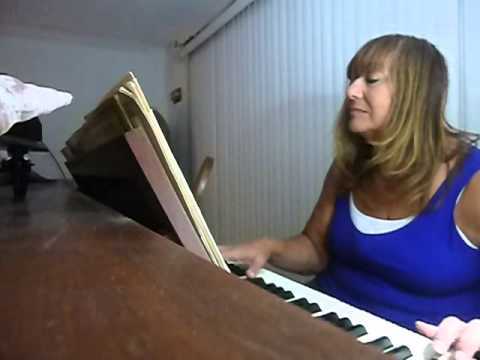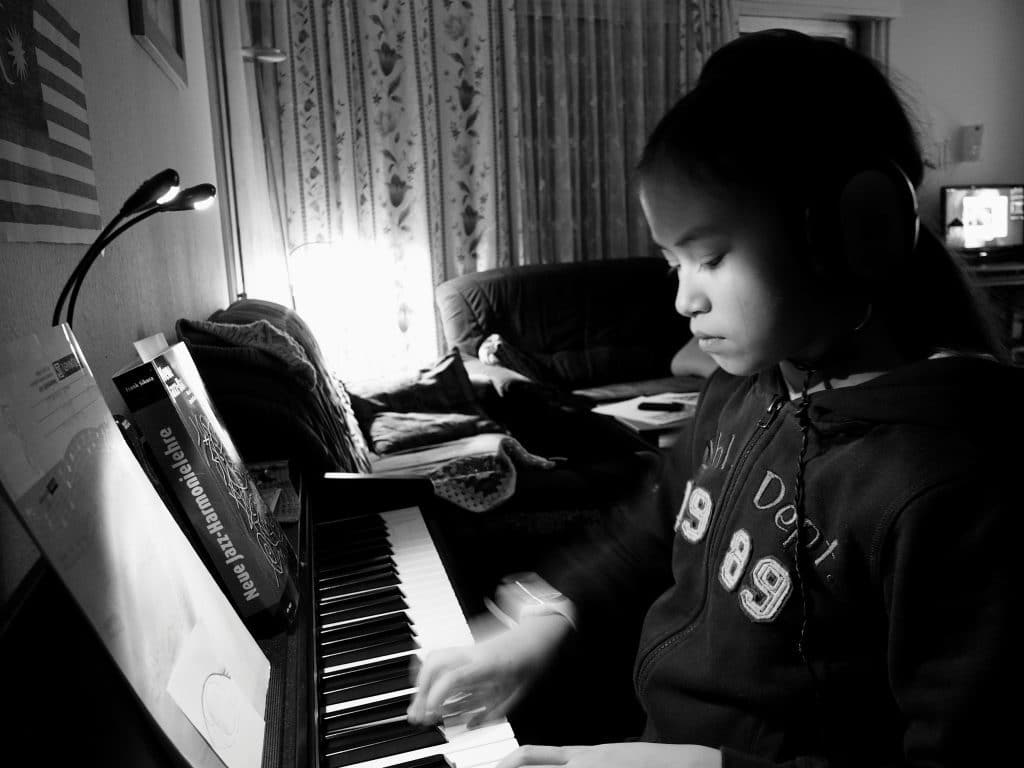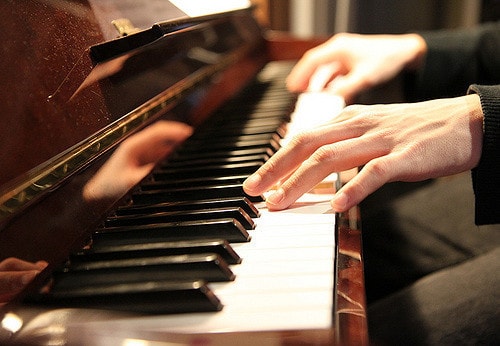Insufficient practice can be one of the biggest hindrances in the path of achieving your musical goals. Dedicated practice is the ultimate key to success, and the absence of success is the root cause of frustration. Frustration inevitably leads to lack of enthusiasm and diminishing levels of productivity.
The moment a person gets caught in this vicious trap, it is nearly impossible to come out of it. The tendency to rationalize one’s mistakes makes the situation even worse. And ultimately, opting out of music classes seems to be the easiest thing to do!

How much piano practice is good enough?
Since practice recommendations are based on a number of significant considerations such as the age, level, and long term goals, it is really important to take these things into account. The practice requirements of each musical instrument are different, due to the varying nature of physical demands associated with playing them.
A vast majority of instructors are of the opinion that the practice goals of their students should be determined by the length of the piano lesson. For instance, if a student is used to taking piano lessons which last for a period 45 minutes, then he or she should practice for 45 minutes every day. Sounds simple, doesn’t it?
Is it so simple, really?
This formula we talked about is suitable for the intermediate levels. During the preliminary stages, there might not be sufficient material for keeping a child engaged throughout the span of 45 minutes. And when it comes to the advanced levels, the requirements of practice turn out to be much more, especially if the student possesses remarkably high levels of motivation, and has specific goals in mind to achieve.
A student who wishes to pursue a career in music, is likely to devote 2-3 hours of the day to piano practice. On an average, practicing 4-5 days a week according to the lesson length would ensure a stable rate of progress.
Importance of age and level in determining the duration of piano practice
While struggling with the commitments of hectic lives, piano practice often takes a backseat. The moment you start loving and enjoying your piano practice sessions, you would automatically look forward to it every day, instead of perceiving it as a burdensome task.
Piano practice durations are recommended by instructors on the basis of the student’s age, level and the degree of motivation. These three factors make a very interesting combination indeed!

For the absolute beginners who are just 5-6 years old, a 10-minute long practice session is fair enough, unless he or she has exceptional levels of motivation. In the cases of such young children, the trick is to make piano practice an inseparable part of their daily routine. If it becomes successfully ingrained in the system and feelings of fondness grow, the child will not protest when the practice sessions become more demanding in future.
Dealing with the demands of the intermediate level
For those children who are 7-10 years old, practicing the piano for half an hour a day will suffice. Exceptions are always there, so the young creative geniuses are welcomed to practice as long as they want! On reaching the intermediate level, the practice requirements automatically start soaring. This stage calls for technical drills involving scales, arpeggios, and etudes.
Mindful practice sessions of at least 45 minutes per day are vital for grasping the complex aspects of the lessons. Unless this is taken care of, a student might end up taking weeks or months to master the pieces, which can severely hamper the progress rate.
Moving towards professionalism with maximum labor at the advanced levels

In the advanced levels, personal ambitions and goals dictate the extent of piano practice. Hour-long practice sessions every single day, would be ideal for quick learning of new repertoire and fetching a desirable outcome. Students who participate in concerts and functions or engage themselves in competitive activities, generally have 2-3 hours a day committed to piano practice. Those majoring in music with great professional aspirations for the future, can even end up practicing up to 6 hours a day!
Instead of trying to practice for a couple of hours at a stretch, it would be a prudent idea to split the practice session into hour-long units with the provision of small breaks in between them. Apart from relaxation, this helps in preventing stress injuries, cramping, or stiffness of fingers due to non-stop use. Coming to the point of efficiency and judiciousness, the shorter practice sessions with the fullest concentration, can easily defeat the longer, mindless ones any given point of time!
Featured Image: Image Credit
When I had nothing, I had my mother & a piano…
You know, that is all I needed… pic.twitter.com/hpMqb8U5PR— Hargovind Sachdev (@LALPUSHP) May 3, 2016
VIDEO: The incredible moment a tip worker performs beautiful improvised piano rendition https://t.co/cOFF77U6aZ
— The Chronicle (@EveningChron) April 25, 2016
Related Articles:
The Practice Stepladder
I’m a great believer in practising fugues one voice at a time, and then in all possible combinations of voices before putting the fugue together. This is valuable not only in the first stages but long after the piece has been mastered. It can take a bit of work untangling the various different voices in a piano score printed on two staves. Publishers attempt to aid the eye by maintaining the direction of the note stems (up or down) for a given voice, but the lines may still take a bit of figuring out. Via Practising The Piano
What Your Piano Parents Need To Know About Practice
We are often asked by teachers for assistance in helping piano parents understand the importance of home practice.
But the thing is… most of them already know that practice is important! Ask any piano parent if they think their child should practice the piano at home and I’m betting they will say “Yes.”
So, it’s not so much about helping parents understand the importance of practice as it is helping parents understand piano practice itself.
Piano practice can be a mystery to parents who have never themselves played an instrument. Via Teach Piano Today
A 10-Minute Piano Practice Challenge for Busy Students
No doubt you are busy. On top of a full day, you have an inkling to learn the piano. But how do you fit it into your day? You know the importance of regular practice, but if you find the idea of sitting and studying for 30 minutes entirely too daunting, you’re not alone.
In fact, many adults use being busy as an excuse to put off taking piano lessons. But the truth is, even if you don’t have 30 minutes to commit to practicing every single day, you can still make some progress. There is a powerful and productive way to think about practice in small, incremental steps. Visiting the piano for as little as 10 minutes a day can reinforce new material and create a ritual that becomes an integral part of your life. Via TakeLessons

